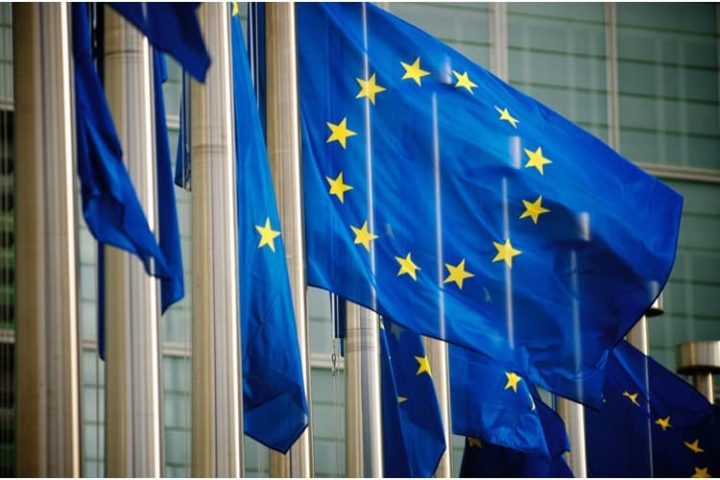
The European Union reached an agreement Friday on what it calls the Digital Services Act (DSA), a proposal meant to “protect” online users from what it deems harmful content. The DSA was first proposed in 2020 and “sets out an unprecedented new standard for the accountability of online platforms regarding illegal and harmful content,” according to the European Commission.
Though agreed to in principle, the DSA must next pass the European Parliament and the European Council prior to becoming law. But those steps are seen as a fait accompli by most observers.
“Today’s agreement on the Digital Services Act is historic, both in terms of speed and of substance. The DSA will upgrade the ground-rules for all online services in the EU,” said Ursula von der Leyen, president of the European Commission. “It will ensure that the online environment remains a safe space, safeguarding freedom of expression and opportunities for digital businesses. It gives practical effect to the principle that what is illegal offline, should be illegal online.”
EU censors put Big Tech on notice that their days of allowing people to speak their mind freely online are essentially over. The new law would apply to social-media companies as well as companies such as Amazon and Google.
“With the DSA, the time of big online platforms behaving like they are ‘too big to care’ is coming to an end. The DSA is setting clear, harmonized obligations for platforms — proportionate to size, impact and risk,” said Thierry Breton, commissioner for the internal market.
Under the new law, the EU would require tech companies such as Twitter, Facebook, Instagram, etc., to take down content that the EU considers illegal, such as terrorist threats or the loosely defined concept of “hate speech,” which the EU defines as “the public incitement to violence or hatred on the basis of certain characteristics, including race, colour, religion, descent and national or ethnic origin.”
It doesn’t end there, though. The EU also considers comments against a person’s “sexual orientation, gender identity and disability,” as hate speech as well.
The DSA would also ban ads that target minors and also ads targeted at consumers based on their gender, ethnicity, and sexual orientation. The law would also require companies to do an annual risk assessment of their online content.
To enforce the new law, the EU plans to hire 200 new staffers, which will be paid for by a “supervisory fee” that the bloc of nations intends to collect from tech companies. That fee may be up to .01 percent of a company’s annual global net income, although that is yet to be fully decided.
Companies that violate the EU’s new rule would face fines that could amount to up to six percent of their annual global revenue — an amount that could soar into billions of dollars for large tech companies. Repeat offenders could be removed from the European market completely.
Social-media platforms such as Twitter and Facebook would be required to offer users the ability to flag content “in an easy and effective way” so that it can be removed faster and more easily.
With “cancel culture” so much in vogue these days, it’s hard to believe that such a feature wouldn’t be abused by nefarious actors.
Some tech companies have been attempting to water down the draconian new law. In a statement on Friday, Google said it was looking forward to “working with policymakers to get the remaining technical details right to ensure the law works for everyone.”
Those that favor censorship were ecstatic with the news that the 27 nations of the EU were looking to clamp down on what they consider “hate speech.”
“The DSA is nothing short of a paradigm shift in tech regulation. It’s the first major attempt to set rules and standards for algorithmic systems in digital media markets,” said former Hillary Clinton tech advisor Ben Scott.
While the current news cycle is full of leftists clutching their pearls over the takeover of Twitter by Elon Musk, they can rest assured that the globalists of the European Union have their backs. When the uniquely American ideal of free speech raises its head, authoritarian governments such as the EU are ready to intervene on behalf of those who believe that the American First Amendment is an antiquated notion.




